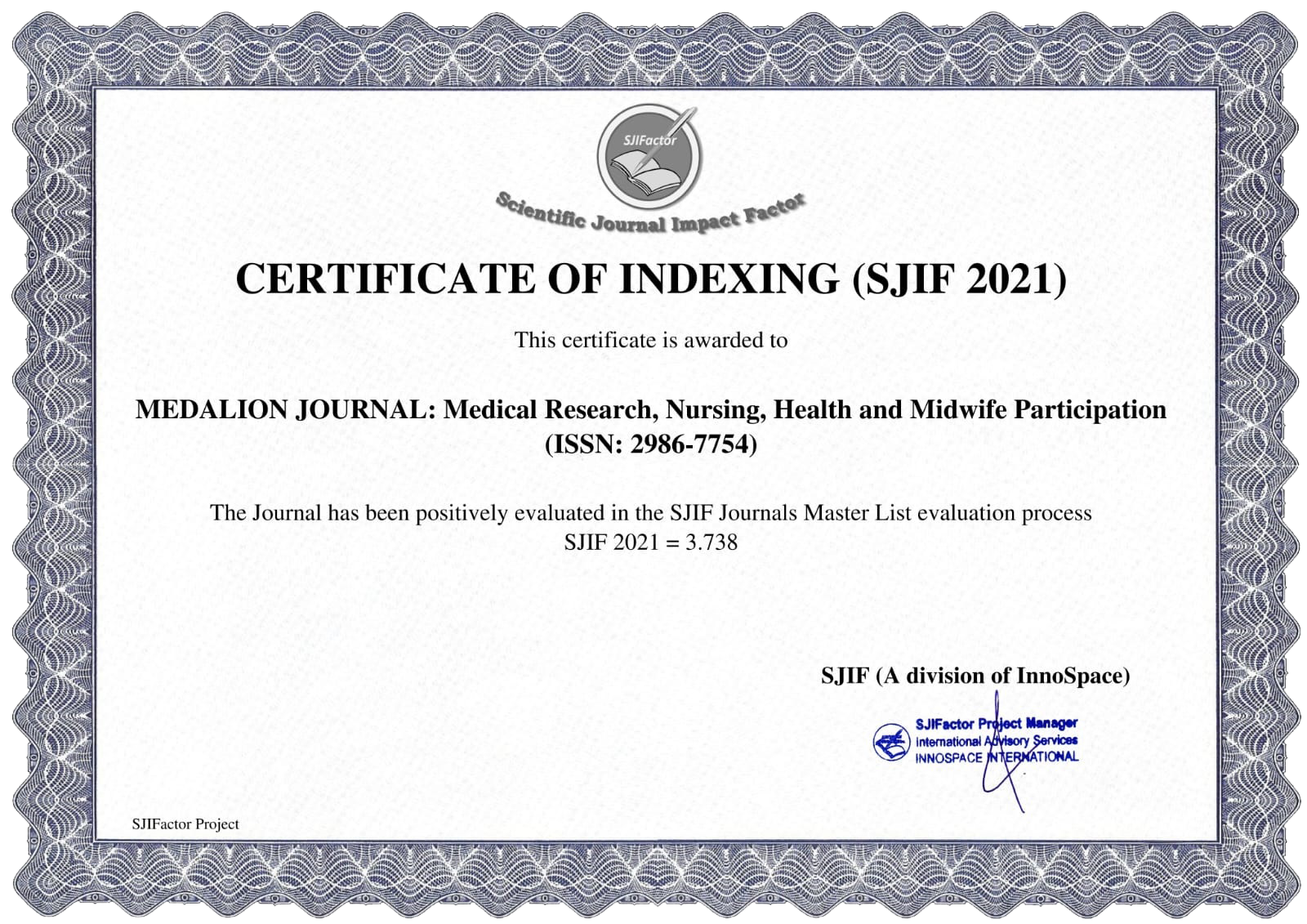PSYCHIC DISLOCATION AND ASPIRATIONAL FRACTURE: A MULTIVARIATE DECONSTRUCTION OF YOUTH PSYCHOPATHOLOGY AMID STRUCTURAL UNEMPLOYMENT IN THE KASHMIR VALLEY, INDIA
Main Article Content
Asif Bashir
Naseer Ahmad Bhat
Shah Fahad Firdos
This study undertakes an incisive psycho-sociological exploration into the deleterious ramifications of chronic unemployment and intergenerational familial burden on the mental health architecture of youth in the Kashmir Valley—an ecologically fragile region in northern India. Reconceptualizing youth distress as a systemic syndrome rather than a series of isolated psychopathologies, the research deploys a methodologically triangulated framework comprising structured psychological inventories (PHQ-9, GAD-7), socio-demographic profiling, and advanced multivariate techniques including principal component analysis, correlation mapping, and K-means clustering. Drawing from a rigorously sampled cohort of 158 individuals, the study demarcates a typology of vulnerability: from aspirationally disillusioned risk clusters to resigned psychosocial survivors. The statistical architecture reveals a potent interplay between aspirational collapse, familial coercive expectations, and neurocognitive disruptions manifesting in sleep disorder, digital overuse, and suicidal ideation—symptomatic of an existential entrapment endemic to this socio-political ecology. Regional and gendered fault lines further inflect the mental health topography, necessitating granular, culturally attuned interventions. The findings advocate a paradigmatic rupture from deficit-based models of youth pathology toward an epistemology rooted in structural trauma, narrative alienation, and symbolic dismemberment of the self. In its culmination, the paper posits a constellation of novel psycho-social interventions—ranging from narrative reframing protocols and dialogic family counseling to circadian rehabilitation and mobile micro-mentorship hubs—aimed at transmuting paralysis into praxis. By integrating empirical precision with phenomenological depth, this research not only foregrounds the affective economies of disenfranchised youth but also reclaims the analytic agency to reimagine mental health beyond the clinic, into the crucible of socio-political rupture and restorative transformation.
• Ahmad, N., Wani, A. S., & Qadir, J. (2020). The Paradox of Educated Unemployed in Kashmir. Journal of Youth Studies.
• Bhat, S. A., & Mir, H. A. (2020). Education and Employment Mismatch in Kashmir Valley. Journal of Regional Studies.
• Census of India. (2011). District-wise Population Data.
• CMIE. (2022). Unemployment in India: A Statistical Overview.
• Dar, S. A., & Wani, S. A. (2022). Family Pressure and Youth Stress in Kashmir. Indian Journal of Social Psychology.
• Koul, A., & Nabi, R. (2019). Psychological Strains in Kashmiri Youth: An Overview. South Asian Mental Health Journal.
• Lone, T. A., Bhat, M. Y., & Rafiq, M. (2023). Mental Health Services in Kashmir: Utilization and Barriers.
• Rather, M. A., & Shah, I. H. (2021). Youth Unemployment in Kashmir: A Socio-Psychological Analysis.
• Shah, A., & Lone, F. M. (2021). Joint Family Dynamics and Youth Stress in North India. South Asian Journal of Psychology.
• UNHRC. (2021). Situation of Human Rights in Kashmir.
• World Health Organization. (2023). Mental Health and Economic Development.





